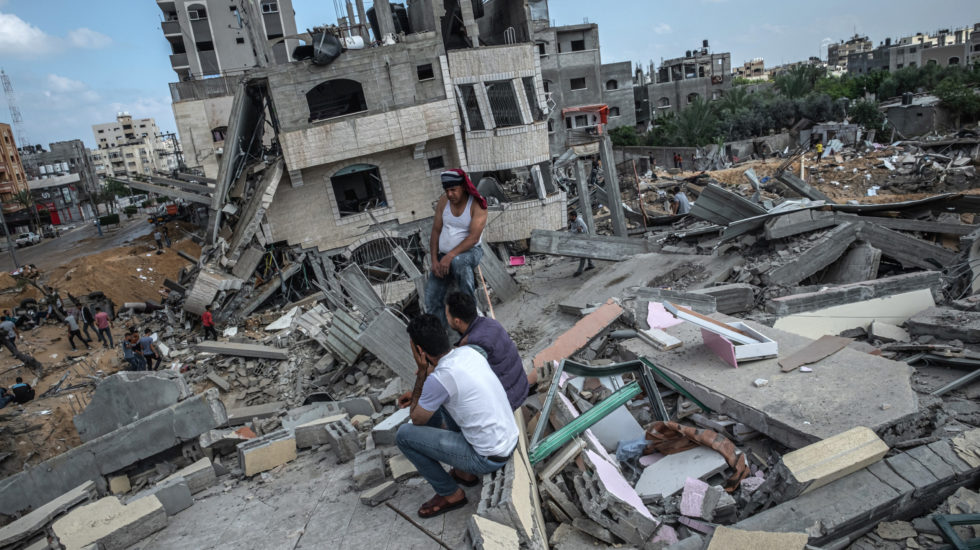President Joe Biden went before television cameras Thursday evening to tout the news that Israel had agreed to a ceasefire in the nearly two week-long conflict in the Middle East.
It was a relatively brief on-camera appearance but it marked the President’s most in-depth public comments about the fighting between Israel and Hamas since the current fighting began 11 days ago.
During his remarks, Biden appeared to be walking a fine line between continuing to show support for Israel, a longtime and key U.S. ally, and showing empathy for the loss of life Palestinians in Gaza have suffered during the recent fighting.
But sources within the White House say Biden’s tone with Netanyahu, who he has known for decades, had changed in the past week. An official told CNN that Biden was losing patience and spoke in a “direct, frank and candid” fashion during a call Wednesday with the Israeli leader when he said he expected “a significant de-escalation.”
During his televised remarks from the White House, Biden said the administration had been having discussions with Egypt, the Palestinian Authority and other Middle East countries to try and strike deal for the ceasefire. He specifically thanked Egypt leader el-Sisi for his role in mediating the talks.
Netanyahu approved a unilateral cease-fire, as Israel faced mounting international pressure to pause the conflict.
Israel and Hamas do not directly communicate with each other – Hamas has never recognized Israel’s existence, and Israel – like the U.S. – considers Hamas a terrorist organization. But neighboring countries had been trying to facilitate a peace deal. The New York Times reports that Egypt suggested the proposal that was ultimately accepted.
Since May 10th, when the violence began, at least 230 Palestinians have been killed, according to Gaza health officials. Palestine has fired thousands of rockets into Israel, but have struggled to penetrate the nation’s Iron Dome defense system. About a dozen Israelis have been killed.
The New York Times provides additional context on the cease-fire:
Even if the fighting pauses, its underlying causes remain: land rights in Jerusalem and the West Bank, religious tensions in the Old City of Jerusalem, the Israeli blockade of Gaza and ultimately the absence of an independent Palestinian state.



